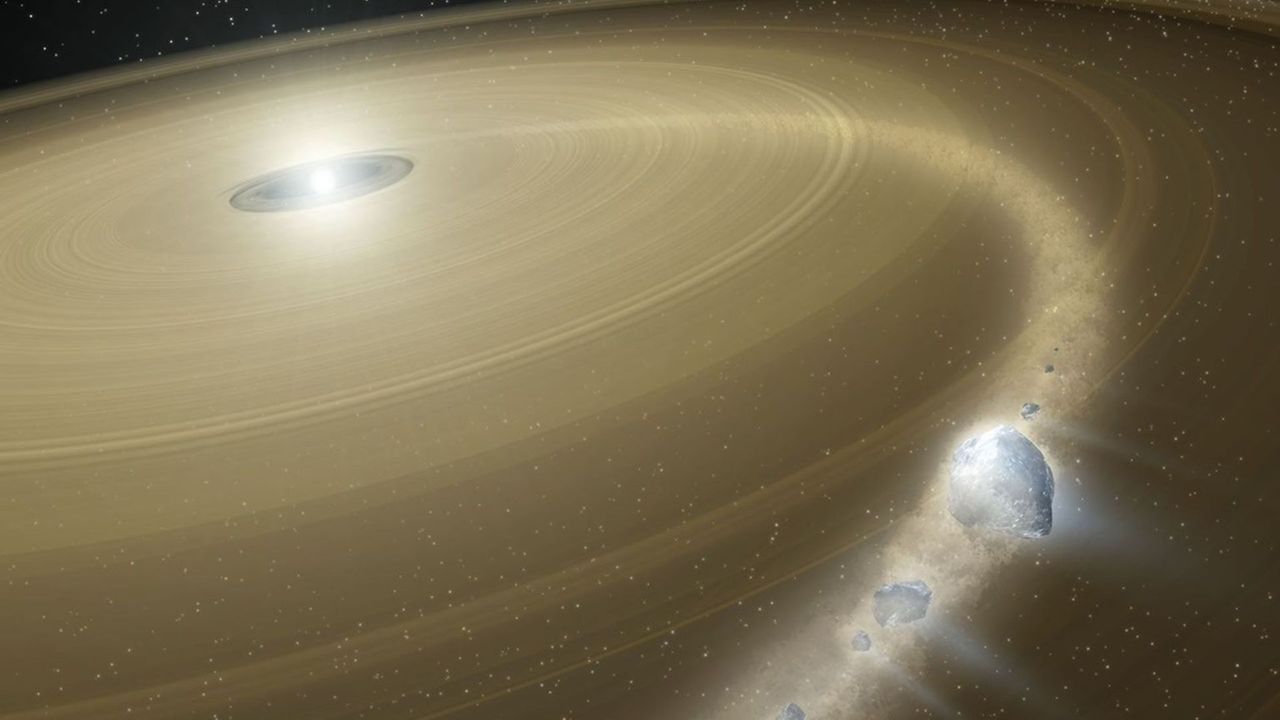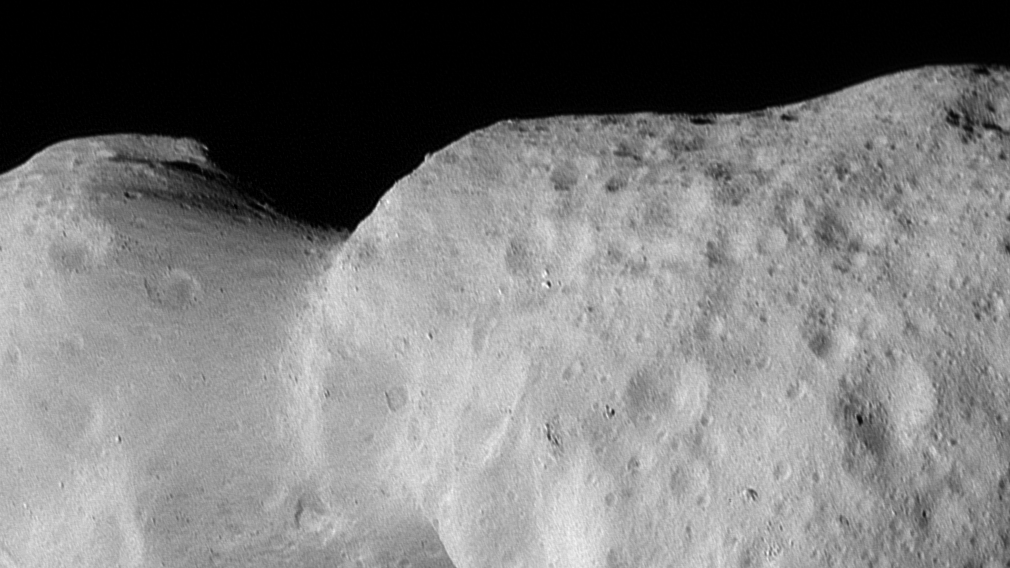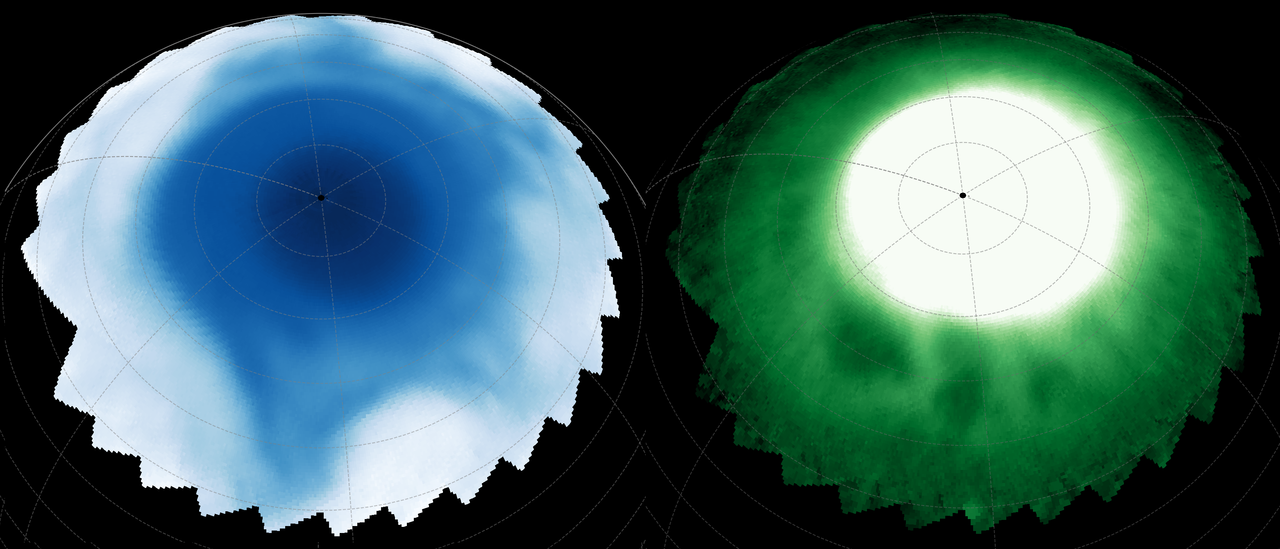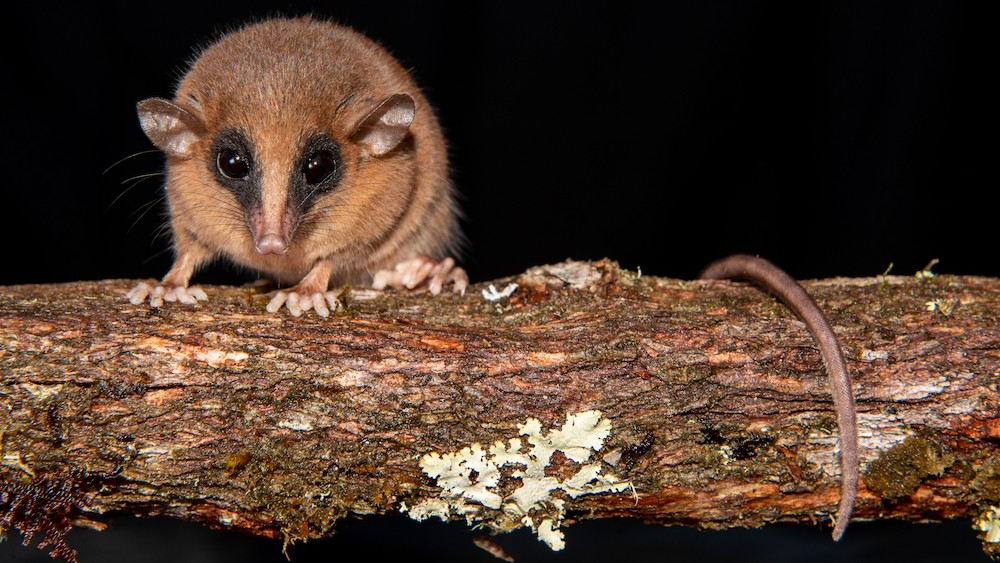Hubble lights a cosmic 'cigar' in the Great Bear | Space photo of the day for Sept. 25, 2025
PositiveScience
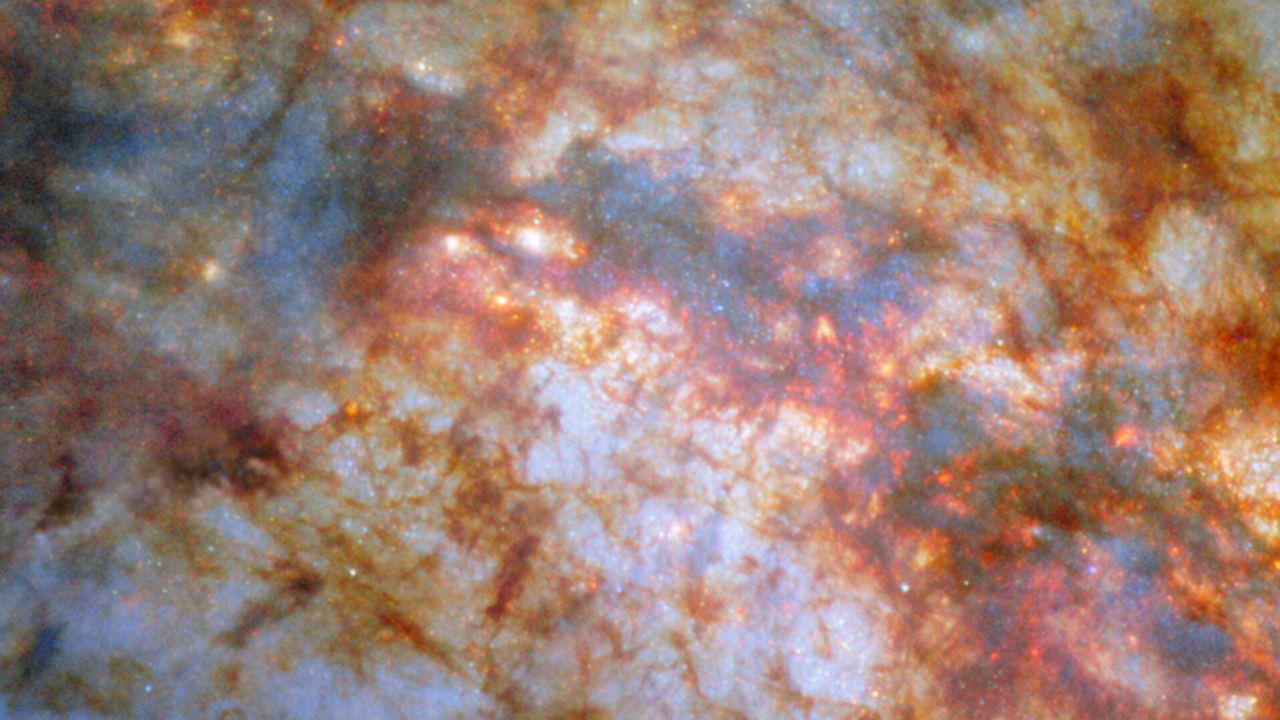
The Hubble Space Telescope has recently unveiled a stunning image of Messier 82, famously known as the Cigar Galaxy. This captivating cosmic sight not only showcases the telescope's incredible capabilities but also highlights the ongoing exploration of our universe. Such discoveries inspire curiosity and deepen our understanding of the cosmos, reminding us of the beauty and complexity that lies beyond our planet.
— Curated by the World Pulse Now AI Editorial System
